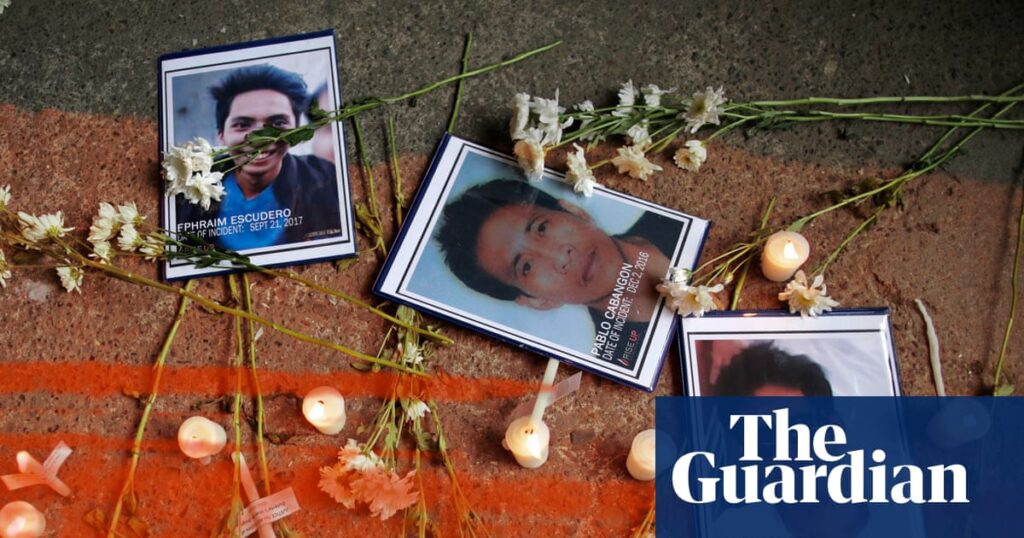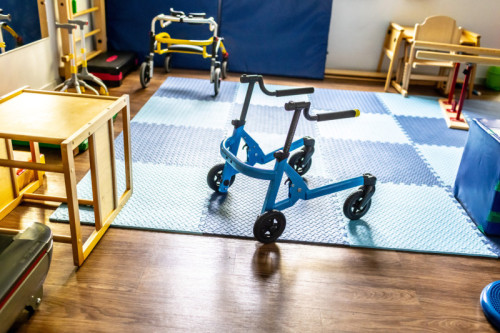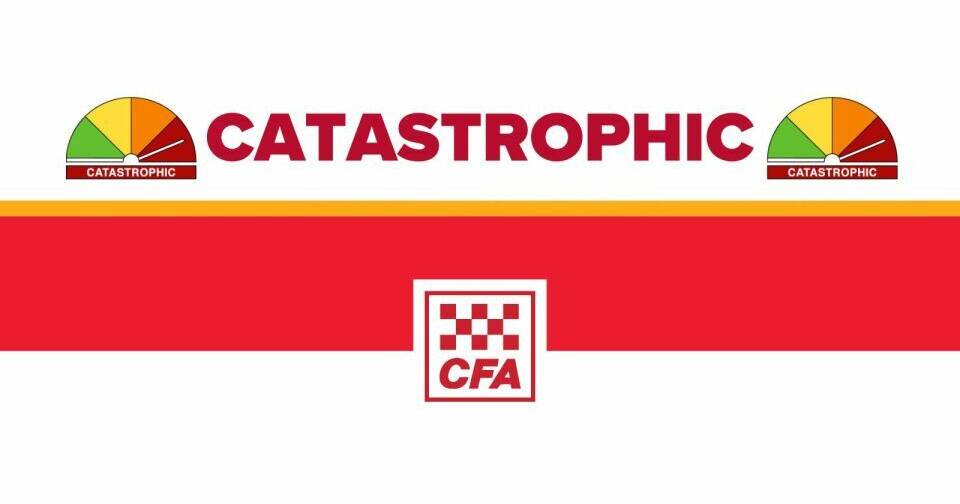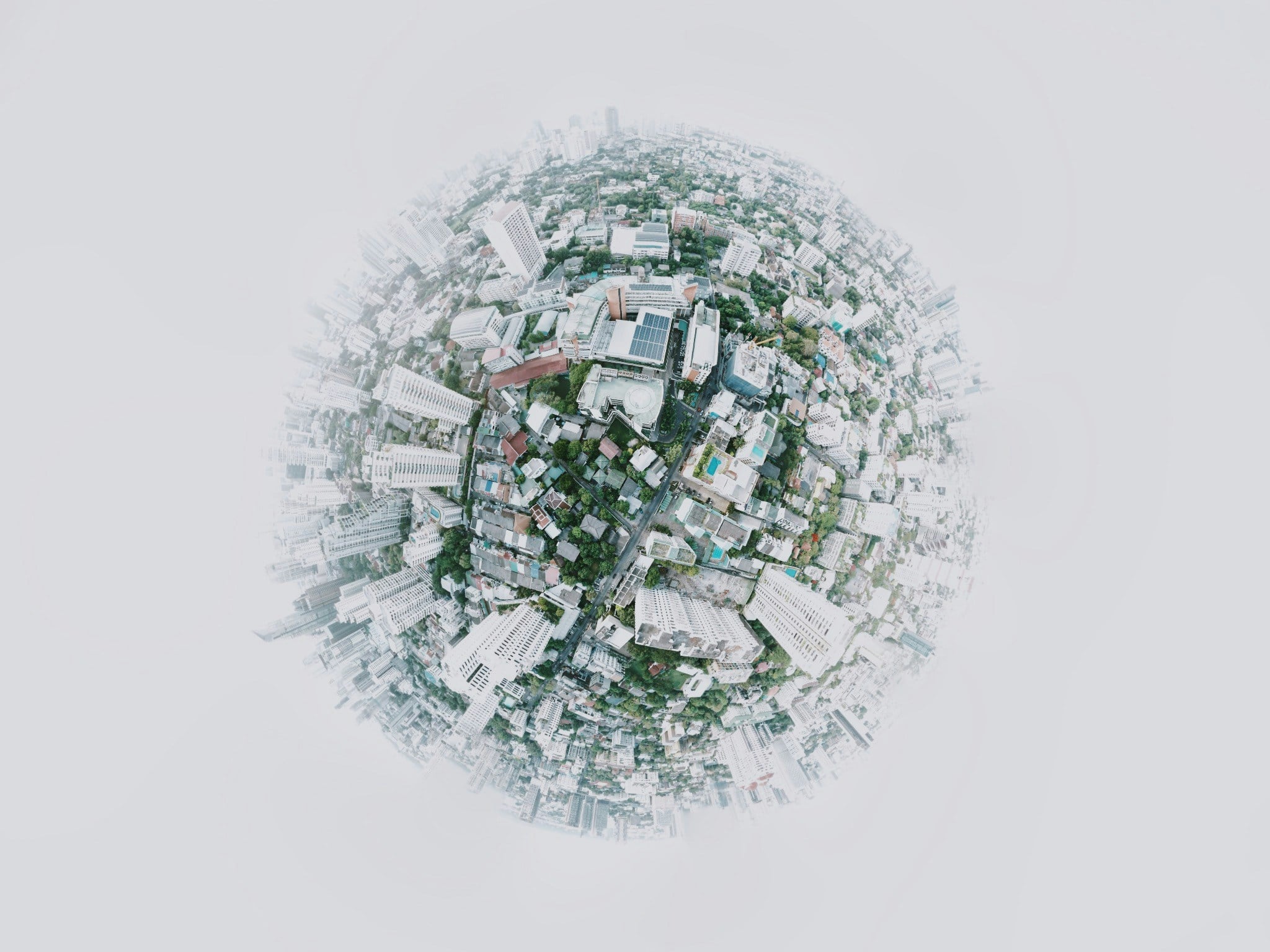
The kills were easier to swallow after a few drinks. After each operation, the police death squads would haunt Manila’s bars to take the edge off, and because some were superstitious, to ward off malevolent spirits following them home. “Imagine, I kill 47 people and can just sleep? No, I was drinking, drinking just to sleep,” says one former squad member. “You need to release stress and we are Filipino … If we go home after killing, the spirit may follow you.”
Rights groups believe up to 30,000 alleged drug users and dealers were slaughtered in the so-called drug war that wracked the Philippines after Rodrigo Duterte assumed power in 2016. Many of those killings, it is alleged, were at the hands of secretive police death squads. Eight years on, Duterte is detained at The Hague, where he has been charged with crimes against humanity at the International Criminal Court (ICC) for allegedly orchestrating the campaign. But in Manila, some police officers involved say their boozy, sleepless nights are over.
The Unrepentant Enforcers
The Guardian interviewed four Philippine national police officers, including three former death squad members and one homicide detective, who were part of teams they claim killed about 400 people, including in senseless “vendettas.” As victims’ families long for justice, the officers are largely unrepentant, and across the Philippines, a deep affection for Duterte endures.
All the officers interviewed—two of whom have since retired—believe the killing spree was justified. “Bad people,” they agreed, deserve to die. The Philippine police did not respond to questions from the Guardian, but a former police chief who oversaw the campaign previously described allegations of state-sanctioned death squads as “fiction.”
“Despite the attempts of a few obstinate politicians bent on destroying his legacy, Mr. Duterte continues to enjoy huge support both at home and abroad. He served his country faithfully and with pride,” said Duterte’s legal counsel at the ICC, Nick Kaufman.
The Justification of Violence
Over lunch in a gaudy Manila hotel, one active officer reflected on his role in the drug war, speaking to the Guardian on the condition of anonymity. Unassuming in glasses and a blue button-up shirt, the officer says most of those killed committed “heinous” crimes such as rape and murder. “If you are taking drugs and you don’t have money, how will you get your money? You will do nasty things to support your engagement in your drugs. So for me, it’s OK, let them die if they deserve to die,” he says nonchalantly over a plate of fried chicken and rice. “An eye for an eye, and a tooth for a tooth if they deserve to die.”
Duterte, a populist and charismatic leader known for his outlandish, sometimes bloodthirsty statements, left office in 2022, but affection for his strongman rule persists. At the peak of the drug wars, the killings were both incessant and macabre. Night after night, dead bodies were dumped in the street, their heads wrapped in masking tape with placards featuring ominous warnings such as: “Wag tularan Tulak,” or “Don’t be a drug pusher like him.”
Public Sentiment and the Cult of Duterte
Among the more than 14 million residents of Metro Manila, a fondness for Duterte lingers years after he left office. Asked who was her favorite Philippine president, 67-year-old coconut seller Osephina Gabriel was unequivocal. “Duterte,” she says. “He has a strong hand. There were no criminals when he was president. During Duterte’s time, there was no petty crime at night. There was peace.”
A Pulse Asia Research survey conducted in May showed that 63% of Filipinos trust Duterte.
Criticized abroad, Duterte’s common-man image is part of his lasting appeal at home. So entrenched is the affection that in May, the 80-year-old won his bid to become Davao mayor while imprisoned at The Hague.
“We’re still in the midst of this propaganda war with the Dutertes who propagated the myth of the war on drugs,” says former senator Antonio Trillanes of a leader he argues created a “cult following” through “deception, misinformation, and fear.”
The Path to Accountability
When Duterte was arrested in March, Teresita Beranal felt the first glimmer of hope that justice might finally be served. In August 2017, her son was shot dead by four men who dragged his dead body through the neighborhood “like a pig.” “I know many others who also lost their children. I can’t count,” she says. “I hope we can get justice. Our loved ones are not animals.”
But with the exception of a few egregious cases, accountability remains elusive and investigations slow going. Few officers have been found guilty or even tried. The Philippine Commission of Human Rights (CHR) is working to obtain thousands of related police reports, but it is an inherently fraught exercise.
“It’s a challenge because almost all police stations were involved during the drug war in one way or another,” says CHR’s chairperson, Richard Palpal-latoc.
Overall, any kind of national reckoning appears a long way off. Journalist and author Patricia Evangelista says: “To expect that the nation does a sudden turn about a man they love, a man they worship, just because he has been taken by an international court … is too much to expect, I think, immediately.”
Despite their seeming lack of remorse, Duterte’s arrest has stirred a sense of unease among those once on the front line of his bloody campaign. “Sometimes you are getting nervous,” admits the first officer over lunch. “If they are running after your boss and he is a statesman who has money to defend himself and he is now in the ICC,” he says, pausing, “what about me? I am just an ordinary Tom, Dick, and Harry.”







